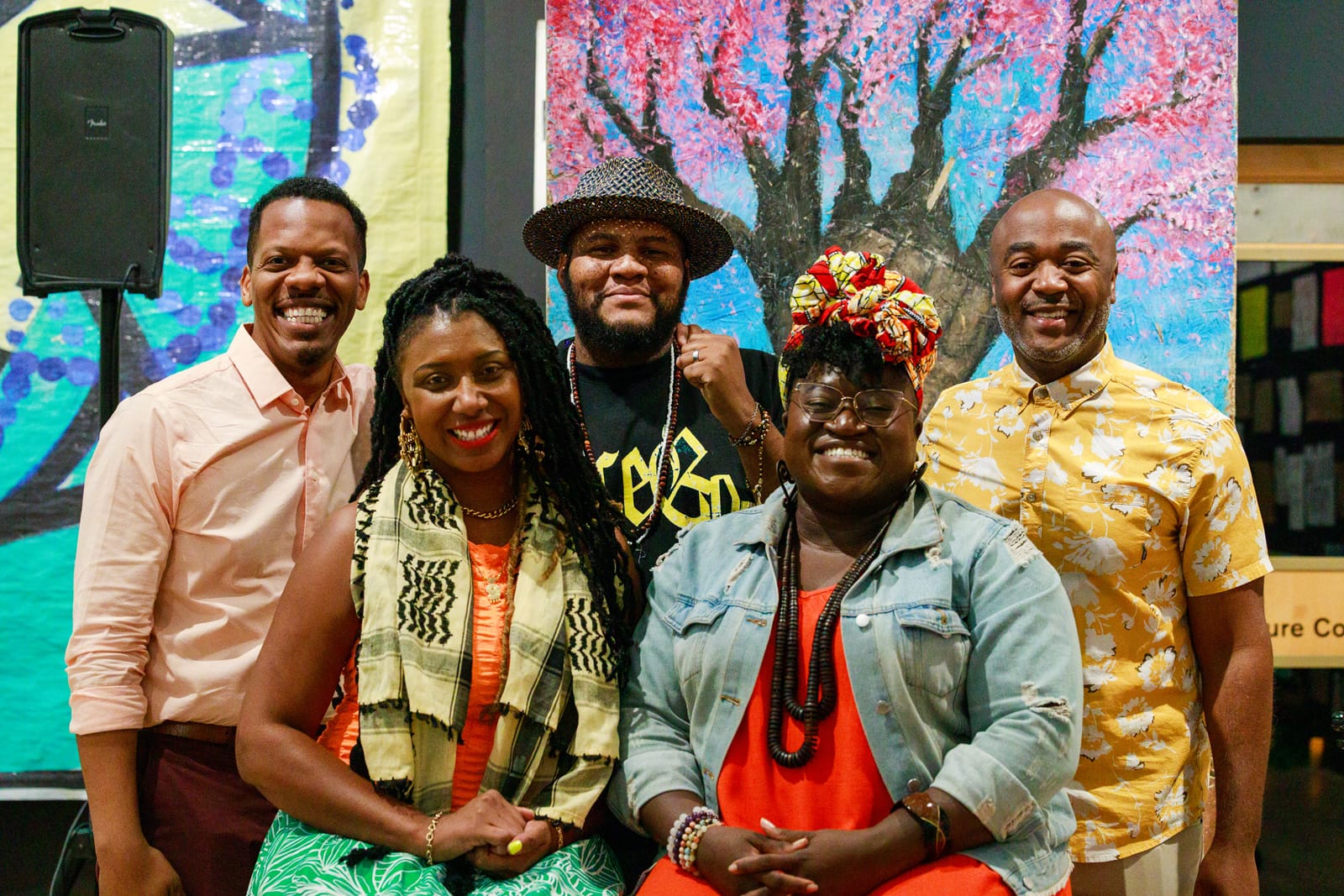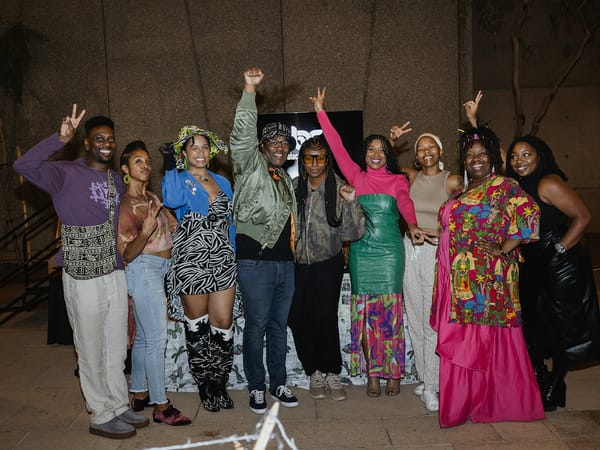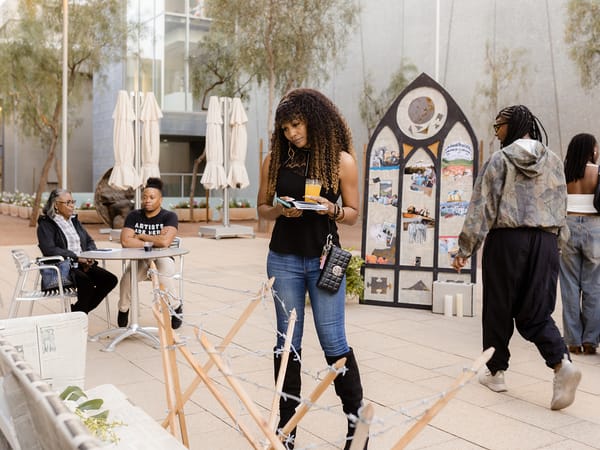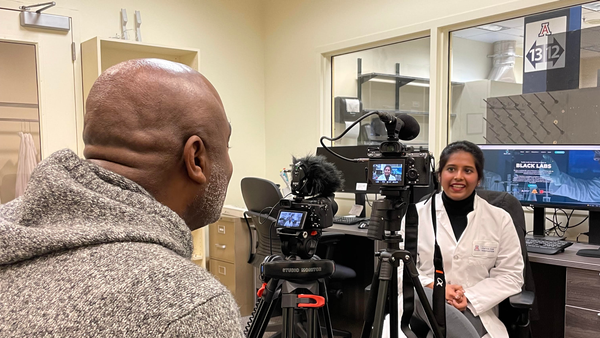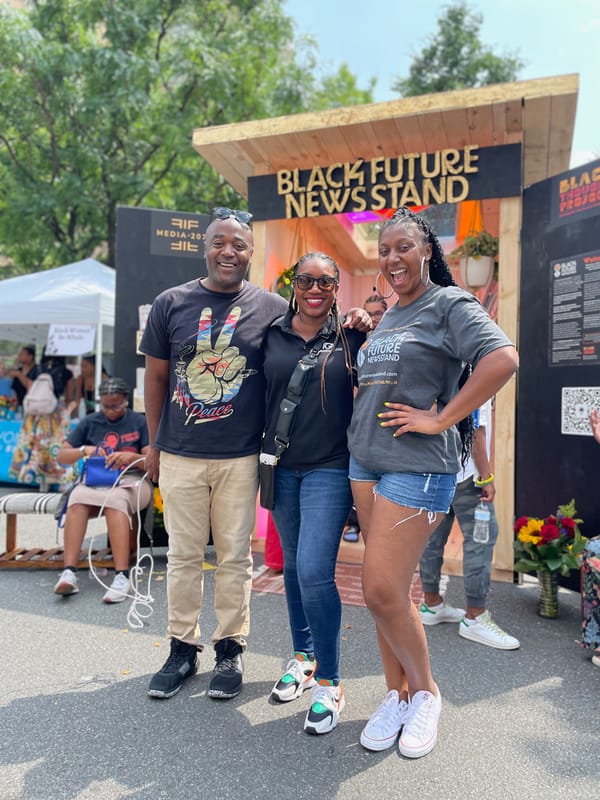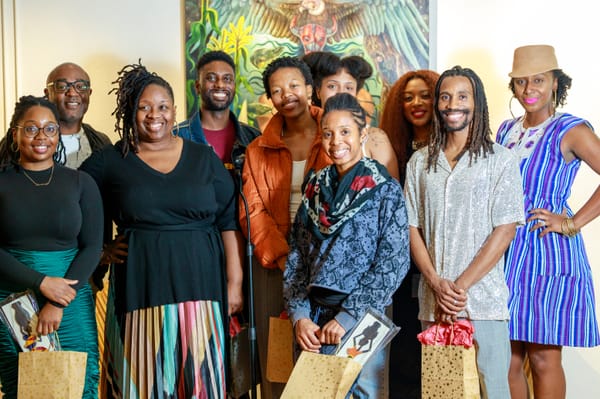The river was never just water. It was a witness. It was a vessel. It was a song that carried our names beyond the shores of where we began. Some of us were pushed onto ships, some of us fled toward freedom, some of us followed the current in search of something more. But always, we moved. And the river—wide and winding—remembers.
We often think of migration as departure, but the truth is, it is also return. Not always in the literal sense—not always to the land that once knew our footprints—but to something familiar. A taste, a rhythm, a whispered proverb passed between generations. Migration is not just a journey from one place to another; it is the weaving of past and present into something new, yet ancient. It is the river carrying us forward, even as it calls us back.
Across the Black diaspora, water has been both sanctuary and sorrow. The Middle Passage stole untold millions across the Atlantic, yet those same waters carried the rhythms of our ancestors, the languages buried in our bones, the faith that refused to drown. Later, rivers became maps to liberation—the Ohio, the Mississippi, the Combahee—guiding those seeking freedom from bondage. In the Caribbean and South America, maroons and revolutionaries hid along the banks, using the land and water as armor against colonial forces. We have always known how to listen to the river.
For Brian and Collette, the founders of Black River Life, water was the thread that tied their stories together—Jamaica and South Carolina, past and present, history and creation. But their story is not unique. It is a reminder that for so many of us, Black migration is more than survival; it is a sacred unfolding of memory and possibility. We move not just because we must, but because we are searching for wholeness. The river teaches us that migration is not about loss—it is about becoming.
Today, we see migration through a different lens: refugees crossing oceans, families dispersing across continents, creatives and thinkers reclaiming their narratives. But beneath it all, the current remains the same. We leave, we return, we transform. The water holds our stories, and in its reflection, we recognize ourselves.
So we ask: what does it mean to belong when the land beneath our feet is always shifting? How do we carry home with us, even when we cannot go back? Perhaps the answer is in the river—the one that carried us away, the one that still sings our name, the one that reminds us that movement is not exile. It is remembrance. It is creation. It is the journey itself.


